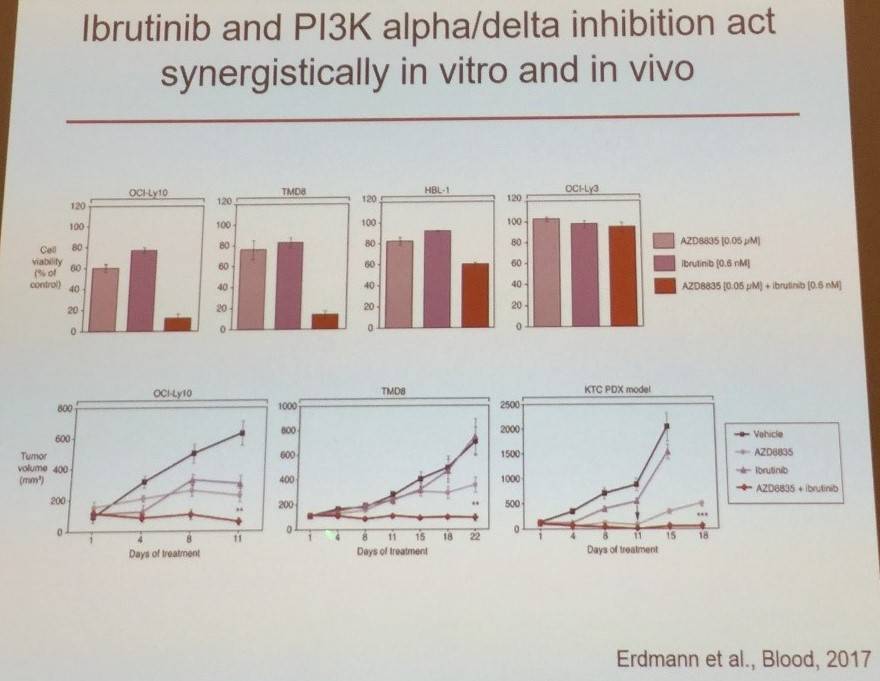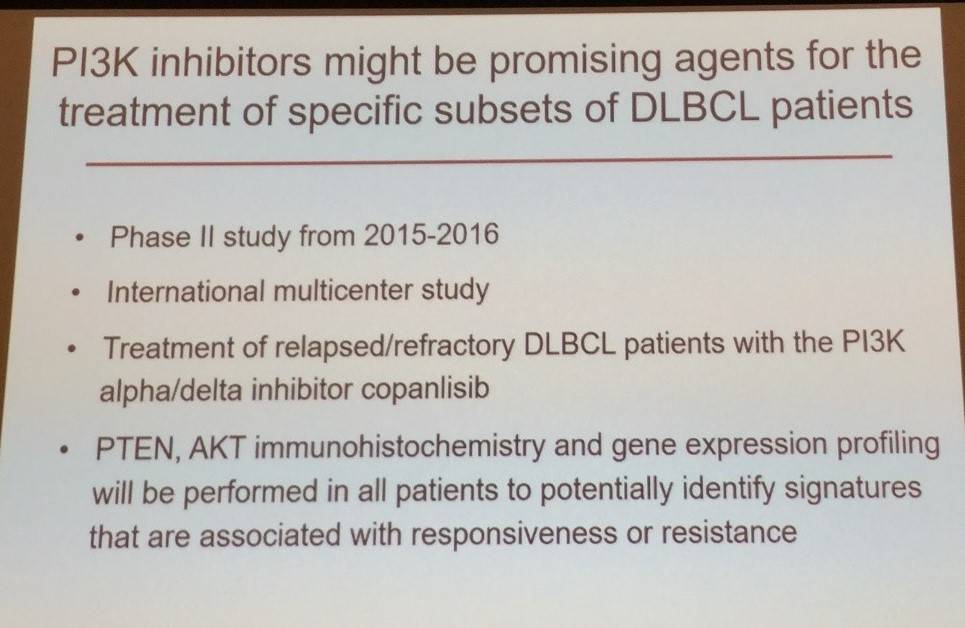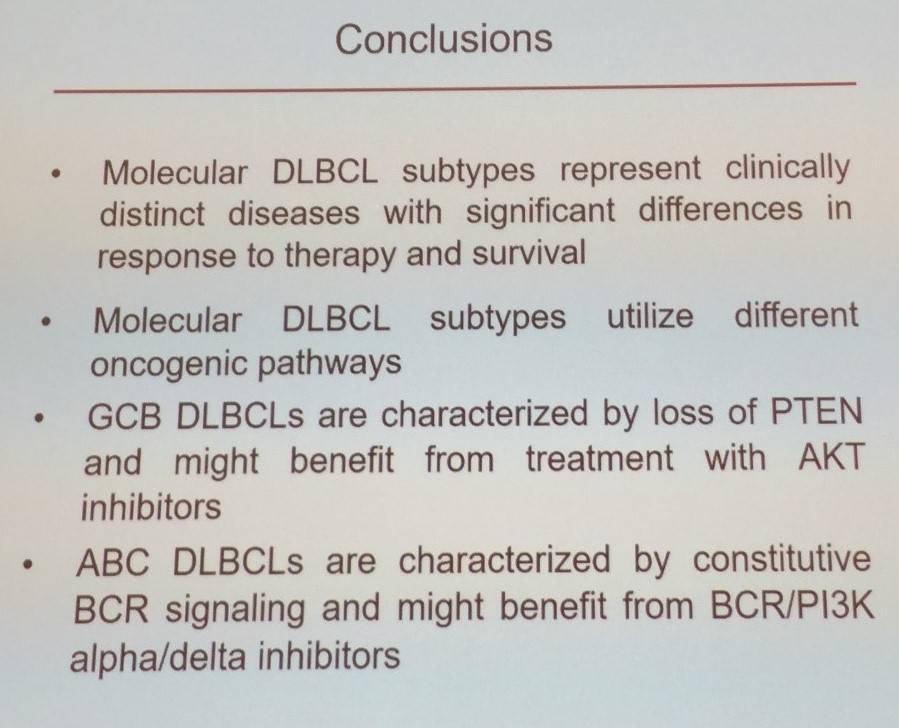All content on this site is intended for healthcare professionals only. By acknowledging this message and accessing the information on this website you are confirming that you are a Healthcare Professional. If you are a patient or carer, please visit the Lymphoma Coalition.
The lym Hub website uses a third-party service provided by Google that dynamically translates web content. Translations are machine generated, so may not be an exact or complete translation, and the lym Hub cannot guarantee the accuracy of translated content. The lym and its employees will not be liable for any direct, indirect, or consequential damages (even if foreseeable) resulting from use of the Google Translate feature. For further support with Google Translate, visit Google Translate Help.
Now you can support HCPs in making informed decisions for their patients
Your contribution helps us continuously deliver expertly curated content to HCPs worldwide. You will also have the opportunity to make a content suggestion for consideration and receive updates on the impact contributions are making to our content.
Find out more
Create an account and access these new features:
Bookmark content to read later
Select your specific areas of interest
View lymphoma & CLL content recommended for you
EHA-SWG 2017 | Rare Lymphomas: Signaling Pathways in B-cell Lymphomas
On March 10th, at the EHA-SWG Rare Lymphomas Scientific Meeting 2017 in Barcelona, Spain, Martin Dreyling chaired a session on Lymphoma Biology. The first presentation of this session was by Georg Lenz, of University Hospital Münster, Germany, on the topic of ‘Signaling pathways in B-cell lymphomas’. Below are the key clinical highlights from this presentation:
- DLBCL subtypes (Activated B-Cell-like DLBCL and Germinal Center B-Cell-like DLBCL) have differences in NF-kB controlled gene expression
- GCB: lower PTEN expression, PTEN re-expression results in lower MYC expression
- ABC: PTEN is more highly expressed
- Ibrutinib less effective in GCB than ABC DLBCL
- PI3K inhibition downregulates NF-kB signaling
- Data suggest increased efficacy in in vitro and in vivo use of combination treatment with ibrutinib and PI3K alpha/delta inhibitor



References

